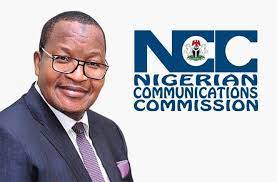
Evans Alleged Accomplice Dies Of HIV
Chiemeka Arinze , an alleged accomplice of billionaire kidnap kingpin, Chukwudumeme Onwuamadike, popularly known as Evans, has reportedly died in prison custody. He is standing trial alongside, Evans, Joseph Emeka, and Udeme










